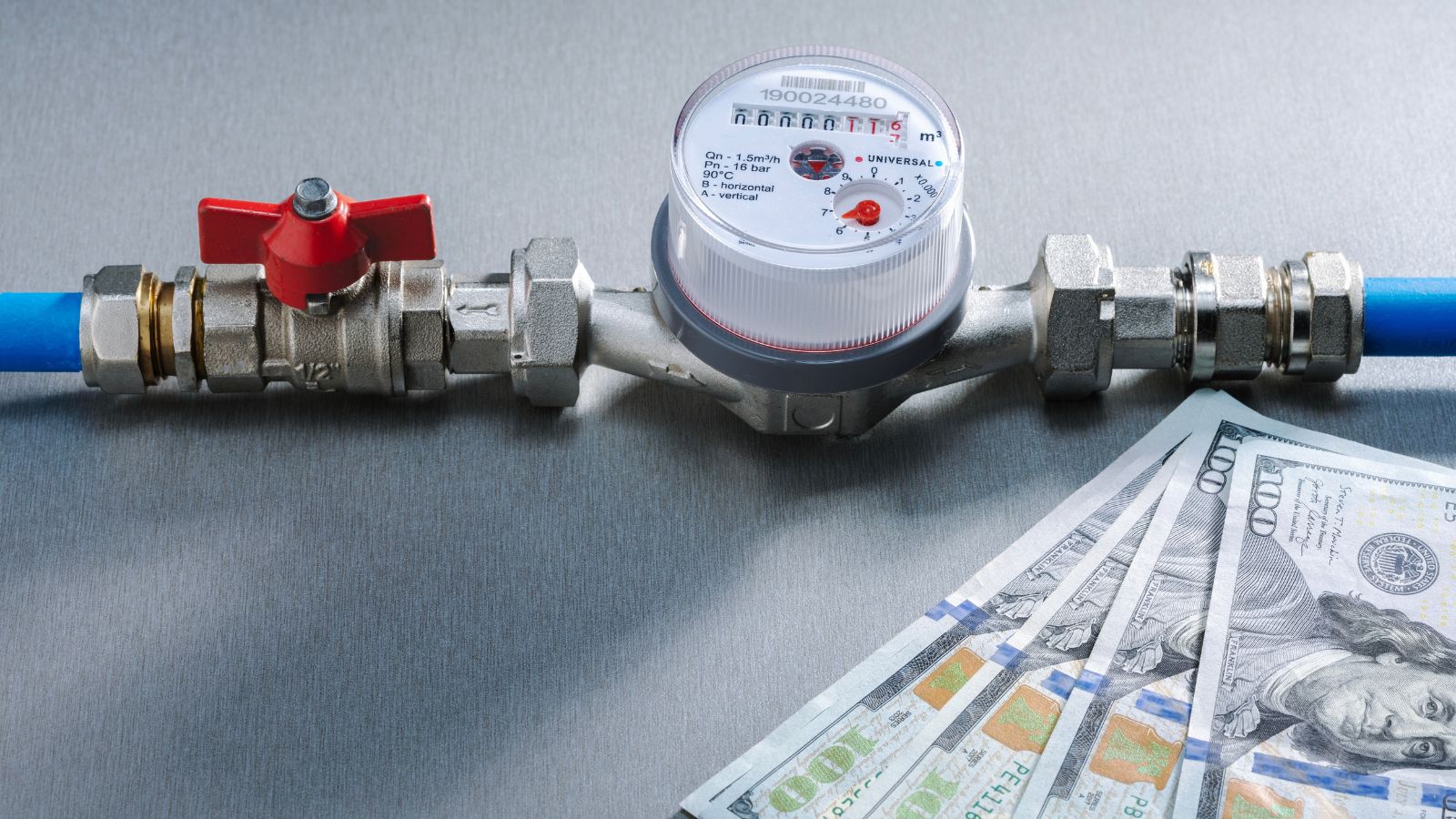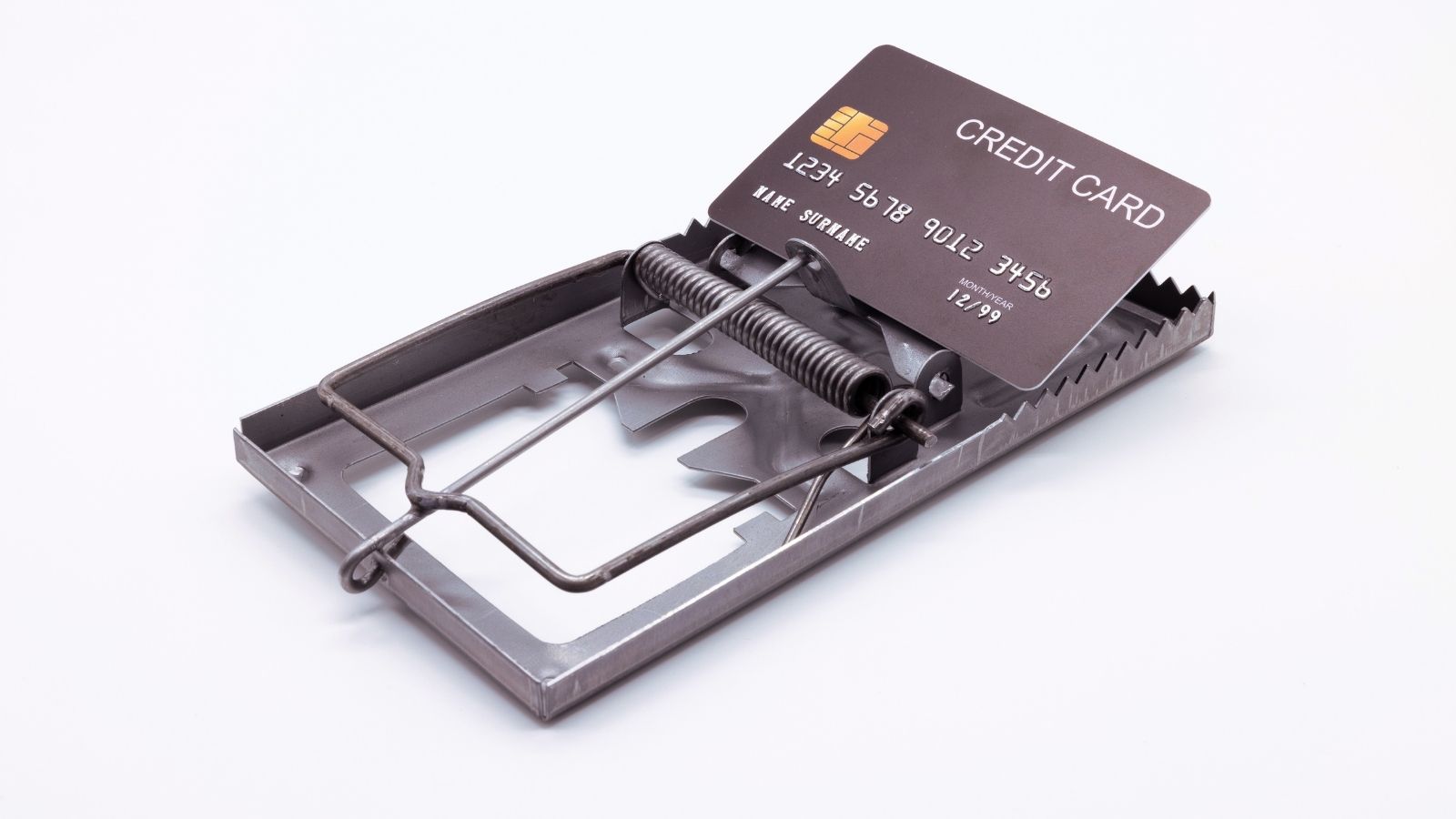Canadians face rising costs, but many don’t realize that hidden loopholes are unnecessarily increasing their bills. Companies use fine print and outdated policies to charge customers extra, from energy consumption tricks to sneaky bank fees. These hidden expenses can increase over time, costing hundreds or even thousands of dollars annually. By understanding these tactics, you can take control of your finances and stop overpaying. Here are 18 hidden loopholes that might quietly drain your wallet and how to fight back.
Unclaimed Utility Rebates

Many provinces offer rebates for energy-efficient appliances and home improvements, but utility companies don’t always promote them. If you don’t actively apply for these rebates, you could miss out on hundreds of dollars in savings. Some companies even set strict deadlines, making it easy to miss the opportunity. Checking your province’s energy efficiency programs can help you claim your rightful savings. Don’t assume your utility provider will remind you—be proactive.
Phantom Energy Use

Many household appliances use power even when turned off, leading to higher electricity bills. Devices like televisions, coffee makers, and computers still draw small amounts of energy unless unplugged. This “phantom energy” can add 10-20% to monthly electricity costs. Using smart power strips or unplugging devices when not in use can significantly reduce wasted energy. Checking your home for energy-draining electronics can make a noticeable difference.
Unnecessary Bank Fees

Many Canadians unknowingly pay monthly banking fees that could be avoided by switching to a no-fee account. Even though alternatives exist, banks charge for paper statements, overdrafts, and out-of-network ATM withdrawals. Some accounts waive fees if you maintain a minimum balance, but many customers don’t realize it. Reviewing your bank’s fee structure can help you eliminate these extra costs. You might even be able to negotiate lower fees or better terms.
Auto-Renewing Subscriptions

Streaming services, online memberships, and software subscriptions often charge customers without clear renewal notices. Many companies make cancellations difficult, hoping customers will forget about their subscriptions. These small charges add up, costing hundreds per year in unused services. Setting reminders to review subscriptions every few months can help you cancel what you don’t need. Disabling auto-renewal prevents unwanted charges.
Cellphone Data Overages

Canadian mobile plans are among the most expensive worldwide, with high charges for exceeding data limits. Even so-called “unlimited plans” often have hidden speed restrictions after a certain usage. Many providers don’t send alerts when customers approach their limits, leading to unexpected overage charges. Connecting to Wi-Fi whenever possible can prevent unnecessary data use. Checking alternative carriers or negotiating a better deal can also cut costs.
Higher Interest Rates on Credit Cards

Credit card providers often raise interest rates after an introductory period or if you miss a payment. Some banks even have hidden clauses that allow automatic interest hikes after a few months. Many Canadians don’t check their statements closely, so they don’t realize their rates have increased. Calling your bank to negotiate a lower rate or switching to a low-interest card can help you save on interest charges. Paying on time keeps rates lower.
Hidden Fees on Flights and Hotels

Airlines and hotels often advertise low prices upfront but charge extra fees at checkout. Baggage fees, seat selection, resort charges, and currency conversion markups can inflate the final cost significantly. Some hotels even charge “early check-in” or “late checkout” fees without disclosing them. Read the fine print before booking, and compare full prices instead of base rates. Using price comparison tools helps spot hidden costs.
Overpriced Insurance Add-Ons

Many Canadians overpay for insurance by accepting unnecessary coverage options. Rental car insurance, extended warranties, and extra roadside assistance are often added automatically. Many credit cards and existing insurance policies already offer these benefits for free. Checking your current coverage before accepting add-ons can prevent duplicate payments. Comparing multiple insurers can help you find the best rate.
Paying for Outdated Internet Plans

Internet providers often leave customers on older, expensive plans instead of upgrading them to better options. Many people pay for more speed than they need without realizing it. Some providers also increase prices every year without notifying customers. Calling your internet company and asking for available discounts or promotions can lower your bill significantly. Switching providers can sometimes get you a better deal.
Grocery Price Inflation Tricks

Grocery stores use “shrinkflation” tactics, reducing package sizes while keeping prices the same. This makes it harder for shoppers to notice they’re getting less for their money. Many products are repackaged in smaller containers but sold at the same price or higher. Checking unit prices instead of sticker prices helps you spot inflation tricks. Buying in bulk can sometimes offer better value.
Water Bill Overcharges

Many cities charge higher water rates during peak usage hours, unnecessarily increasing your bill. Running dishwashers, washing machines, or sprinklers at night can reduce costs. Some homeowners also get overcharged due to inaccurate meters, so checking your water usage records is important. Fixing leaky faucets and pipes can prevent wasteful spending. Consider installing low-flow appliances for extra savings.
Loyalty Program Markups

Retailers often inflate customer prices in loyalty programs, making discounts seem bigger than they are. Some stores limit promotions to loyalty members, encouraging people to overspend for minimal rewards. Comparing non-member prices can help you determine if a program is worth it. Some loyalty points expire or have hidden fees, so reading the terms carefully is crucial. Cash-back options may offer better savings.
Automatic Tip Increases

Some restaurants and food delivery apps now pre-select higher tip amounts, sometimes without customers realizing it. Many apps default to 15-20% tips, even for self-pickup orders. This leads to unintended over-tipping when customers don’t adjust the settings. Always review your total bill before paying and manually set the tip amount. Some restaurants also charge “service fees” that aren’t actual tips for staff.
Hidden Mortgage Penalties

Many homeowners get charged unexpected penalties for paying off mortgages early or switching lenders. Some lenders use unfair calculations to maximize penalty fees. Reading the fine print of your mortgage agreement can help you avoid expensive charges. Asking your bank about prepayment flexibility before signing a loan can prevent future financial surprises. Refinancing with a lender that offers better terms can save you thousands.
Property Tax

Local governments often overvalue homes, leading to higher property taxes than necessary. Many homeowners don’t question their assessment, even if the value is inaccurate. Reviewing your property assessment report and comparing it to similar homes in your area can help identify overcharges. You can appeal property assessments and possibly lower your tax bill. Checking your local government’s website for appeal instructions is a smart move.
Credit Card Foreign Transaction Fees

Many credit cards charge extra fees for purchases made in foreign currencies, even for online shopping. These fees can add 2-3% to your total, making international purchases more expensive than expected. Some banks also use unfavorable exchange rates, further increasing costs. Checking if your credit card has a foreign transaction fee can help you avoid hidden charges. Consider using a no-foreign-transaction-fee credit card for travel and online purchases.
Hidden Fees in Utility Bills

Many utility companies include administrative fees, delivery charges, and regulatory costs that customers don’t notice. Some providers charge paper billing fees if you don’t switch to e-billing. These extra costs inflate monthly bills, making tracking usage harder. Carefully reading your bill details and comparing rates with other providers can help you spot unnecessary fees. Some companies offer budget billing plans to make expenses more predictable.
Airline Seat Selection Fees

Airlines now charge extra for choosing a seat, even on standard economy tickets. Some carriers auto-assign less desirable seats, encouraging passengers to pay more for a better spot. Even families traveling often must pay to sit together, adding unexpected costs. Checking airline policies before booking can help you avoid overpaying for seat selection. Some airlines allow free seat selection within 24 hours of departure, so waiting can sometimes save you money.
Conclusion

Many Canadians are losing money without realizing it due to hidden loopholes in their bills. Companies have found ways to quietly increase costs, from unnecessary fees and subscription traps to inflated service charges and misleading discounts. These extra charges may seem small, but they can add up to thousands of dollars per year over time.
20 Reasons Why Wealthy Investors Are Looking At The Caribbean

The Caribbean has long been known for its stunning landscapes and vibrant culture, but in recent years, it has also become an attractive destination for wealthy investors. The region offers numerous financial, economic, and lifestyle advantages that appeal to high-net-worth individuals seeking opportunities. Here are 20 reasons why the Caribbean has captured the attention of the global investment community.
20 Reasons Why Wealthy Investors Are Looking At The Caribbean
